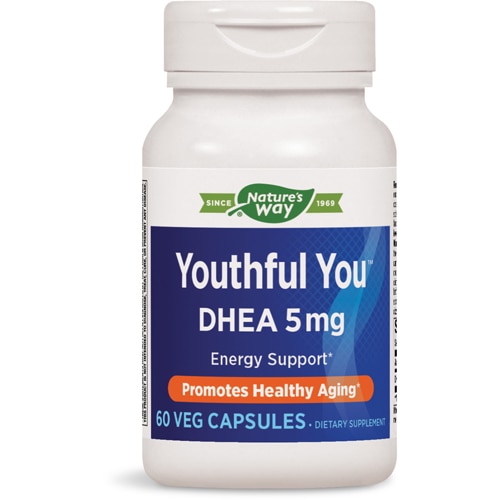Whatever you call it, we all need our down time, alone time or quiet time. In fact, many of us don’t spend enough time alone. But too much time alone, on the other hand, is not only bad for morale, it’s bad for your health. Loneliness is more than a mood or a slump that we can eventually shake off. For many people, according to a recent article on loneliness on NPR, “loneliness is more like a chronic ache, affecting their daily lives and sense of well-being.”
Loneliness has actual health consequences: It’s associated with a reduction in lifespan similar to that caused by smoking 15 cigarettes a day and even greater than that associated with obesity. A growing body of research points to loneliness being linked to increased blood pressure, higher cholesterol levels, and depression along with impaired cognitive abilities. It has been shown to influence our genes, immune systems, and even recovery from breast cancer. Studies have found that its effects on mortality are not just for the elderly, but even more so for younger people.
Not just for older adults
A recent nationwide study by the health insurer Cigna found that nearly 50 percent of respondents reporting that they feel alone or left out always or sometimes. Surprisingly, the survey discovered that the younger generation “was lonelier than the older generations.”
The report found that younger adults born between the mid-1990s and the early 2000s had loneliness scores of about 48 compared with about 39 for respondents ages 72 and older. While social media may play a role, the survey pinpointed the real culprit as work: working too often or not enough contributed to loneliness.
Break out of your shell
But there’s a lot you can do to counteract loneliness. One of the first steps is in fact to acknowledge you are lonely. Once you admit that you are indeed lonely, then you can begin to figure out why. You can also start to self-inquire about what's getting in the way of building intimacy. To get you started on baby steps to connection, here’s our 5 favorite loneliness interventions:
How to beat the loneliness epidemic
Improve your social skills
It’s easy to pooh pooh small talk but discussing the weather and other sundries can actually lubricate the wheels of dialogue, paving the way to more intimate subjects. Think of small talk as the gateway drug to friendships. It’s a skill worth refining. Practice small talk with cashiers and the other people you encounter throughout your day. Practicing small talk in a variety of situations makes it easier to start a conversation with people you think you want to become friends with.
Lower expectations
One study calculated “on average, it takes about 50 hours of time with someone before you consider them a casual friend, 90 hours before you feel comfortable upgrading them to just “friend,” and around 200 hours of quality time before you’d consider the two of you to be close.” Expecting deep connection instantly is a set up for disappointment. It takes many conversations to create connection—friendship, in other words, is crafted over time. And the best target for friendship are the people who are naturally in your flow, as studies show we become friends with whoever we see most often. Proximity and repetition are key.
Stay connected with technology
While digital communications are no substitute for in-person contacts, it can be a nice supplement. Online chat, online video chat, video on your phone, texting and even thoughtful voice messages left for people are all satisfying ways of connecting and maintaining relationships. The advantages include convenience and accessibility, but if you start to tip too far over into the digital realm it can end up feeling isolating.
Reconnect with family
Instead of trying to rustle up new friendships, don’t underestimate the power of family. Our immediate and extended families are a huge, built-in resource that most of us don’t take full advantage of.
Change the rejection mindset
Recent research reveals that over time, chronic loneliness makes us increasingly sensitive to, and on the lookout for, rejection and hostility. In ambiguous social situations, lonely people immediately think the worst. Lonely people remember more of the negative things that happened during an encounter with another person, and fewer positive things.
The trick is to identify negative thoughts when they occur and consider other possibilities for negative behavior rather than as a personal reflection. Interpreting the actions of others more generously is the way out of the closed loop of negative thinking. Once you can get more perspective, you can approach new relationships with a positive, optimistic outlook, see the best in others, and learn to feel more confident about yourself. This is best way to get the root of the root of the problem—the negative cycle of thinking that keeps creating—and reinforcing—loneliness.




